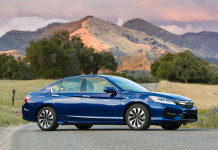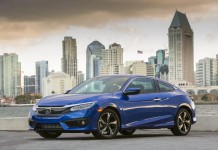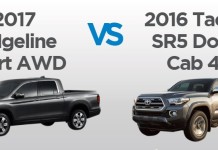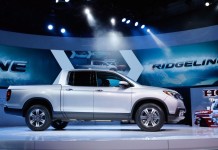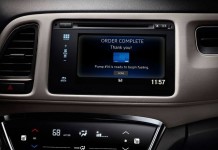If you own a 2003 through 2009 model year Honda Civic Hybrid, you might be entitled to a cash payment. A few years ago, a class action lawsuit against the manufacture was put on the table due to a surprisingly lack luster performance from more than just one car. Honda placed a claim on numerous Civic Hybrids that more than 40 mpg could be averaged but to the shock of a few owners, their electric assisted sedans were having trouble breaking into the 30 mpg range. These complaints spawned what is now a class action settlement that Honda is oddly on board with.
“We continue to believe that the class action settlement pertaining to the fuel economy of some early model Civic Hybrid vehicles represents a very good resolution for our customers,” said American Honda Motor Company in a offical press release. Unlike a separate lawsuit in which a California woman went after Honda unattached to the settlement, this case is supported by the manufacture. A series of “good faith” negotiations have been made with plaintiff’s attorneys so that the brand doesn’t hurt its customer relationship. As a result, Honda has laid out a series of resolutions that can be taken by class members depending on their circumstances. According to the company, those are:
- All settlement class members are entitled to either a $100 or $200 cash payment. Further, class members are also eligible to receive rebate certificates of no less than $500 and up to $1,500 applicable to the purchase of a new Honda or Acura automobile.
- Class members of 2003 through 2008 model vehicles will also receive an extension of 12,000 miles or 12 months of the original written warranty for their vehicle’s IMA (hybrid) battery system, whichever comes first.
- As part of the warranty extension, any class member entitled to the extension who has already incurred some expense resulting from the replacement of the IMA battery, outside of the original warranty period, is also entitled to a full reimbursement of that expense.
- Subclass members—those with a 2006, 2007 or 2008 model year vehicle—who have had the recommended update to their vehicle’s battery module control software but remain dissatisfied with their vehicle’s fuel economy performance are also entitled to participate in binding dispute resolution by judicial arbitration, with or without an attorney, where additional remedies can be pursued based on each individual’s situation and without predetermined limits.
Honda closed its press release with a full apology to its owners. The settlement isn’t final just yet and still requires approval from the Court in charge of the case. The final hearing is scheduled for March 16, 2012 at which point, the decision will be set in stone and Honda will more than likely repay its customers.
Source: Honda


